NRL to introduce mandatory 11-day concussion stand down
Clubs will have the ability to apply for an exemption through a review by an independent neurological expert appointed by the NRL.
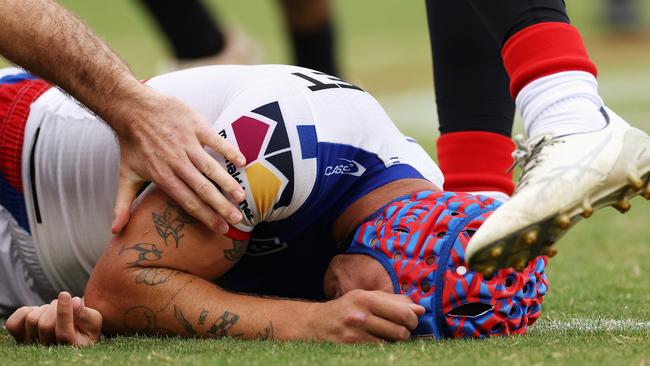
The NRL will introduce a mandatory 11-day stand down for concussed players after the Australian Rugby League Commission met to sign off on the policy.
It follows the news of a landmark class action brought against the AFL in the Victorian Supreme Court on Tuesday.
More than 60 footballers, including men in their 30s, are seeking compensation from the AFL for brain injuries allegedly caused by the game.
The Australian has learnt that in “exceptional” circumstances clubs may apply to have an exemption from the 11-day period
Guidelines seen by The Australian state that in exceptional circumstances, clubs will have the ability to apply for exemption to the 11-day stand-down period, through a review by an independent neurological expert appointed by the NRL.
This application will only be allowable where the following set criteria are met:
- Category 1 signs/symptoms are not observed
- The player is asymptomatic the day following the concussion
- Cognitive testing has returned to normal
- The player has suffered fewer than five previous career concussions
- The player has no previously diagnosed concussions within the previous three months
- The player has no history of a previous concussion with prolonged recovery
ARLC Chairman Peter V’landys said that footballer’s health and welfare was of paramount importance.
“There is no greater priority for us than player safety. It’s front and centre of everything we do,” V’Landys said.
“Our current head injury protocols are exceptionally strong. Following a review of the data and the expert advice we have received, the Commission have enhanced these protocols even further by providing a mandatory 11 day stand down period following a diagnosed concussion.”
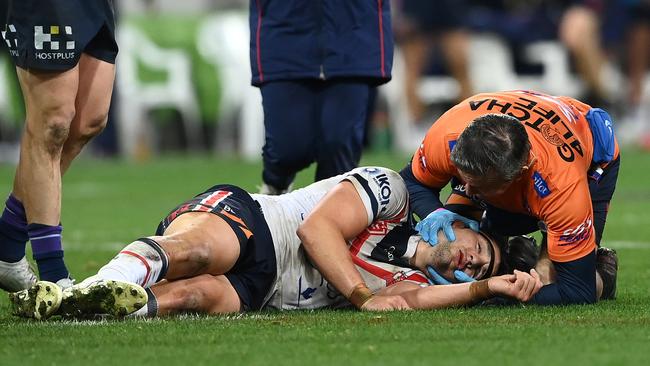
The commission reached the landmark decision on Tuesday night and informed NRL clubs of the new policy on Wednesday morning, having finalised months of research into whether to strengthen their concussion protocols by mandating a stand-down period for players who suffer serious head knocks.
Players who suffer a category one concussion will be automatically stood down a minimum of 11 days meaning they could miss two matches.
Category one symptoms include loss of consciousness, failing to protect oneself when falling and unsteadiness on feet. Players who show these signs are instantly ruled out of matches.
A category two means a player has failed the concussion test in the dressing room and is unable to return to the field.
The rule comes into place from the start of round three where the Sea Eagles take on Parramatta.
A player who sustains a category two concussion may be cleared to play without missing a game provided they meet with an NRL-approved neurologists.
The decision was made as the AFL found themselves at the centre of a class action involving more than 60 former players in the Supreme Court of Victoria.
The ARL Commission insists their review of concussion guidelines was motivated by a desire to increase protection for players rather than the threat of legal action.
Nevertheless, News Corp understands that the commission has also considered an individual concussion package for players that could entail individual pre-season testing and consistent testing throughout the season which may include saliva tests.
Blood testing could also come into play. It shapes as a defining decision for the game at a time when head knocks are once again under the spotlight following the latest setback suffered by Newcastle star Kalyn Ponga.
Ponga is set to spend time on the sidelines after suffering a concussion in the Knights’ round two win over the Wests Tigers, his fourth serious head knock in the past year.
The NRL has also been forced to endure criticism over their use of an independent doctor in the bunker to monitor head knocks. Bulldogs head of football Phil Gould described the independent doctor as the greatest abomination in rugby league history but ARL Commission chair Peter V’landys and NRL chief executive Andrew Abdo vowed to stand their ground on the issue.
They have done just that by strengthening the protocols around protection of players who suffer head knocks.
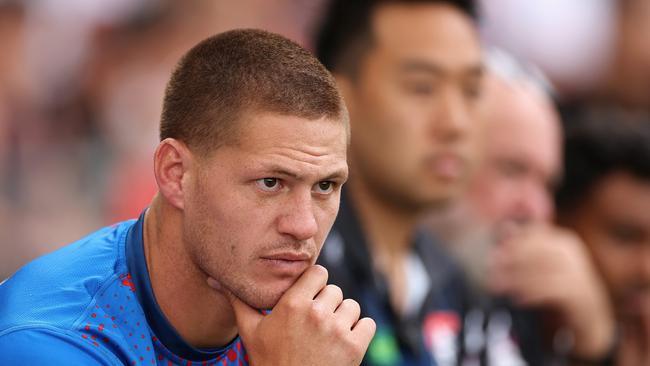
The AFL, NRL and rugby union are facing their moment of reckoning on the “devastating” damage caused by concussion.
That’s the view of leading lawyer Michel Margalit, after her firm lodged a landmark class action at the Supreme Court of Victoria against the AFL.
More than 60 footballers, including men in their 30s, are seeking compensation from the AFL for brain injuries allegedly caused by the game.
Ms Margalit, managing principal of Margalit Injury Lawyers, has previously said she believes players could be awarded more than $2m each, plus medical expenses.
“It’s really time for Australia to join the rest of the world and to take concussion seriously,” she said.
Two-time Geelong premiership player Max Rooke is named as the lead plaintiff. Rooke played 135 AFL games and he has alleged he suffered permanent, life-altering injuries as a result of concussion-related injuries and due to the negligence of the AFL.
Margalit Injury Lawyers say the class action has been lodged on behalf of all professional AFL players who suffered concussion-related injuries through head strikes while training or playing between 1985 and March 14 this year.
The 60 or so former players are seeking compensation for pain and suffering, economic loss and medical expenses.
A similar class action in the US brought by former NFL players resulted in an initial payout of more than $US1bn.
“It’s been that long since an NFL class action [the $US1bn settlement in 2014], and yet we really haven’t taken the, conscientious, cautious steps forward,” Ms Margalit said.
“I think of most concern is the transparency around the research and what is actually being done. This case, along with the Australian government’s parliamentary inquiry into concussion in sports, we hope will really herald the change.”

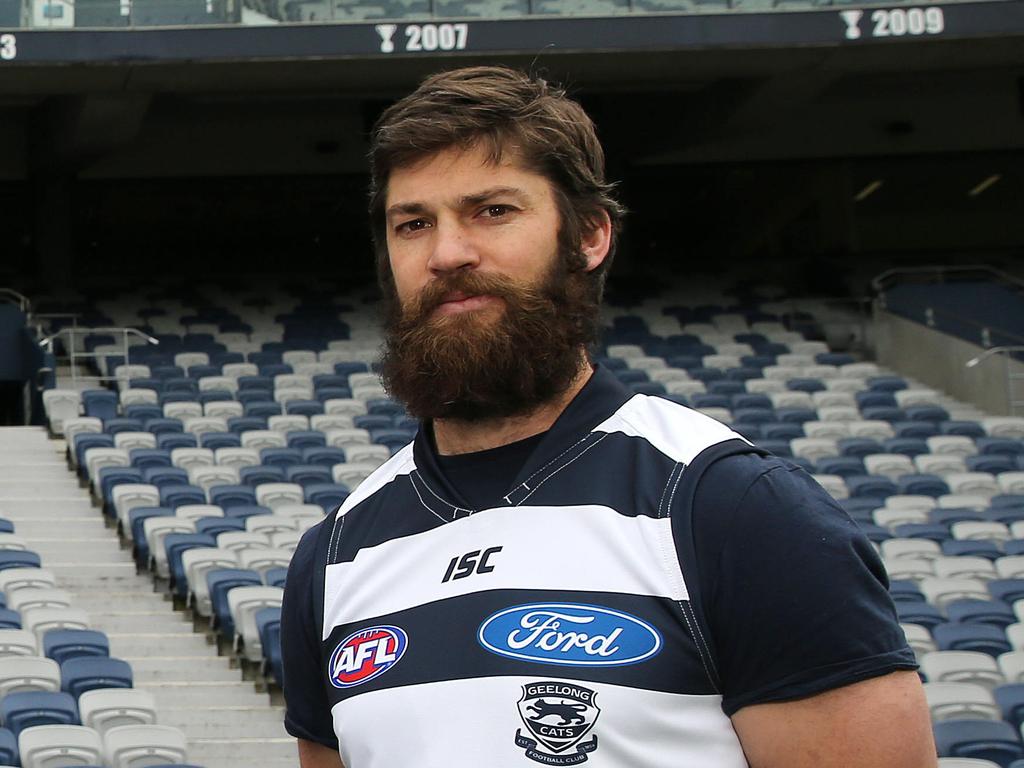
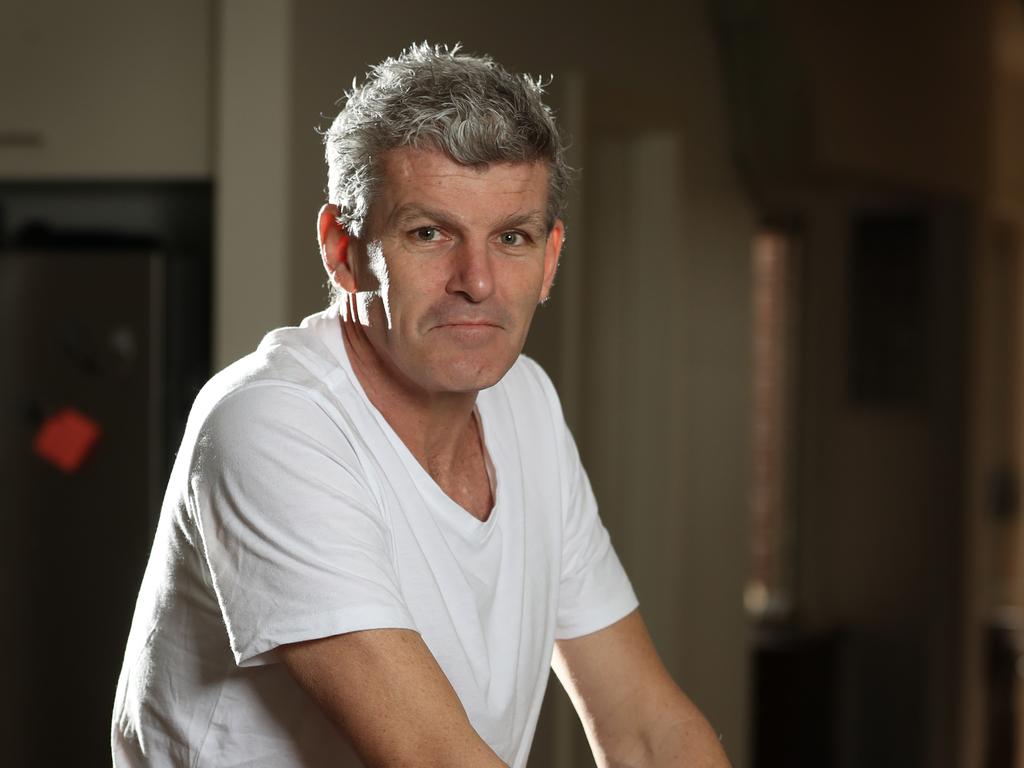
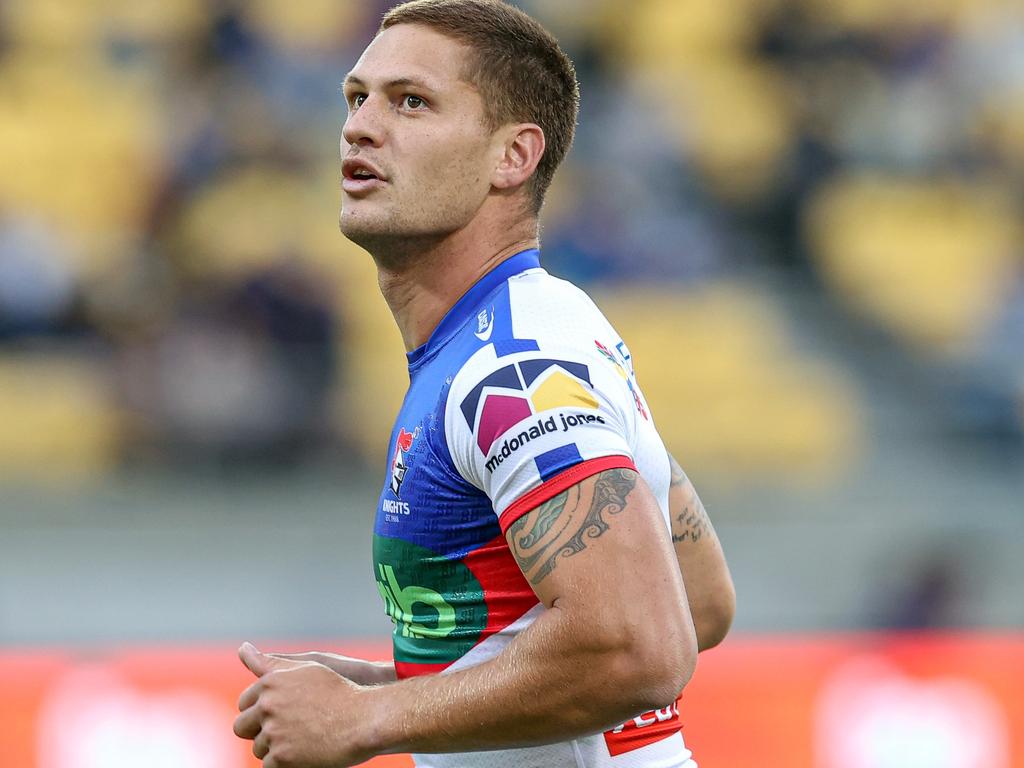
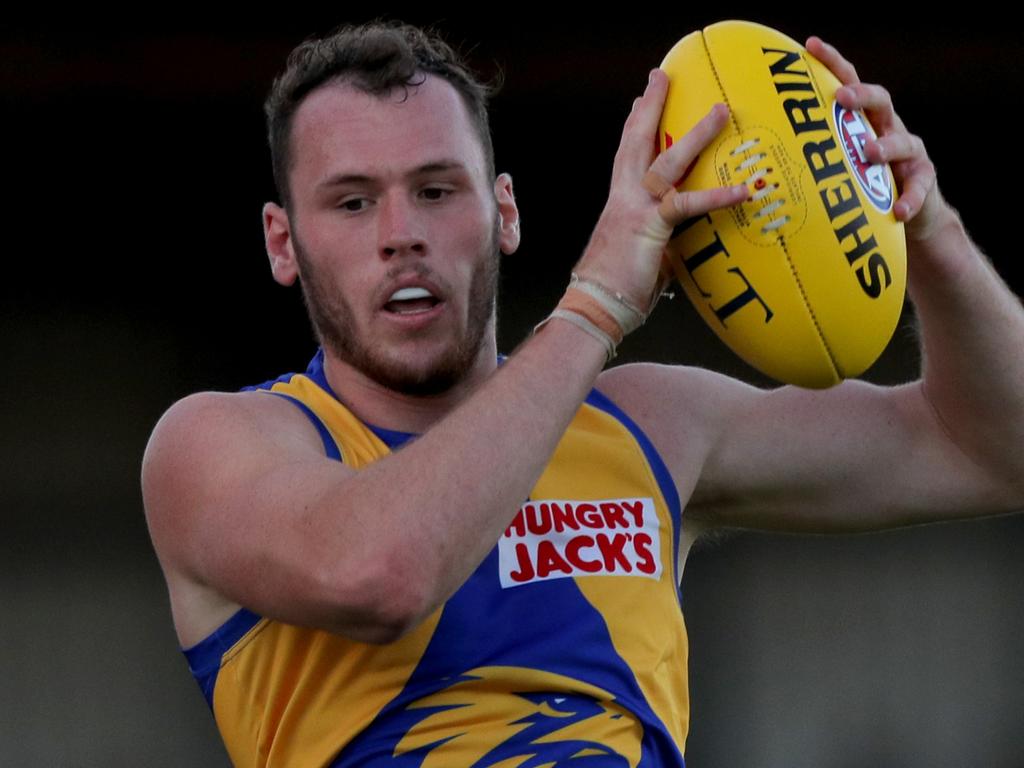


To join the conversation, please log in. Don't have an account? Register
Join the conversation, you are commenting as Logout